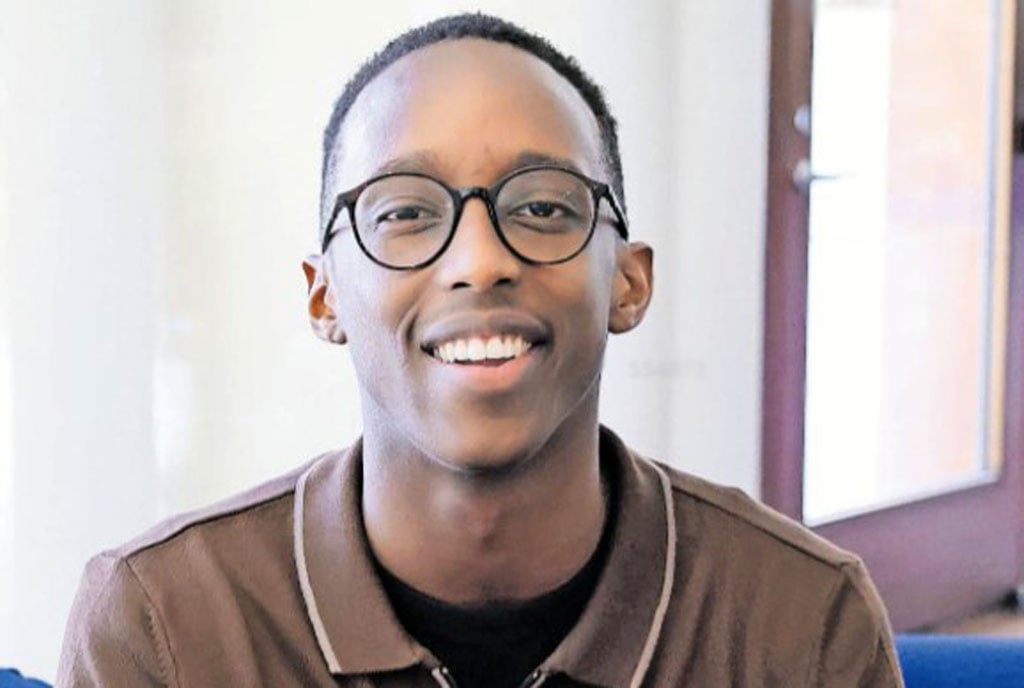Prime
How three sisters’ fabric design business is thriving

Three sisters- Monica Namyenya, Sarah Kalibbala and Dorcas Lubega at the workshop in Kanyanya. PHOTOs by JOAN SALMON.
What you need to know:
Family business. Besides their formal jobs, three sisters decided to pool resources together to start a business. They shared their challenges and successes through the years with Joan Salmon.
In a world marred by soaring rates of unemployment, three sisters, Monica Namyenya, Sarah Kalibbala and Dorcas Lubega decided to get out of the rat race and started up a business in Kanyanya, a Kampala suburb.
Although the trio hold degrees and specilialised in different fields, they agreed to pool resources to start a garment designs outlet for the domestic consumer market.
How they started
Namyenya, an art teacher, offered designing skills. Lubega provided accounting and administrative skills plus the premises where the business is housed. Lubega on the other hand provided sophisticated machinery.
Pooling savings together, they raised capital worth Shs10m to start Mosador designers, where they bought equipment such as sewing and embroidery machines, furniture and equipment.
“Sarah and I did not quit our jobs but we offered support to the business by working at the shop everyday time after official working hours, on weekends and while on leave. On the other hand, Namyenya, the technical person resigned her formal job to concentrate on the business and all its operations.”
Products
Lubega and her sisters make fabric and leather products, fabric garment and jewellery.
“We make casual bags, laptop bags, luggage bags, school bags, toilet bags and wallets.
They also make kitenge cushion covers, table mats, table runners and table napkins, kitchen gloves, aprons, table cloth, bedcovers, and curtains.”
Apart from using kitenge for their fabric work, they use kikoyi, kanga, quodrol, silk, khaki, PV, and cotton fabrics.
Lubega and her team design necklaces, anklets, earrings and waist belts to complement their clients’ looks.
Armed with a vision to enhance the welfare of people in their community, Mosador Designers offer short courses, ranging between three to six months in which they train students on how to tailor and make different products.
“We target university or tertiary institution students, children on holiday, professionals who want to learn an extra skill as well as stay-at-home mothers and the unemployed who need to start a business.
The trainings focus on applying design techniques such as patchwork, quilting and applique methodology. “
“We also ensure that by the time they complete the short courses, they have acquired skills to make their own products ready for sale.”
Market
Having established the business in June 2009, they would later register it in November 2011
Mosador designers sells products to local consumers such as walk-in-customers, supermarkets, craft shops, craft markets and exhibitions.
“We also cater for bulk orders from customers for the local and export market,” Lubega shares. Apart from word of mouth, they use social media platforms such as Facebook, WhatsApp and Instagram to showcase their works.
Achievements
With dedication that has translated into increased sales, the trio has earned profits and expanded the business by acquiring embroidery and leather sewing machines.
They have also trained more students and ventured into interior designing and bridal wear services.
Challenges
Despite the growth, the trio admits that they have encountered numerous challenges. Lubega shares that some raw materials are expensive which negatively affects their profit margin.
She also adds: “The taxes levied on raw materials that we import such as kitenge, fabric, stiff, buttons, zippers and other accessories are high and this ultimately affects our earnings. The market is filled with counterfeit raw materials which affects the quality of the products.”
Lubega adds that the poor quality of some of the products that are similar to what they produce produces unhealthy competition, making pricing difficult.
Business mentorship
During the mentorship training, Lubega obtained skills of book keeping and customer care.
She says: “I learnt the techniques of attracting, retaining and selling more products to clients. I also got to understand the business environment, the art of making products for target market, embracing new trends on the market and devising new marketing techniques.”
Lubega, through negotiations with Uganda Revenue Authority, learnt about tax regimes. Uganda National Bureau of Standards also facilitated the trio to register, inspect and certify products to increase market.
Future
The trio is planning to venture into export market for their products and enhancing their training facilities by opening up a bigger fashion and designing school.
Advice
All women deserve to be empowered financially to facilitate the growth and development of their families. Gone are the days when women would wait on their husbands to provide everything. Lubega says: “If you are a woman, get out of your comfort zones and devise means of using your skills to start up an income-generating project. Even with a formal job, salaries are not usually enough to cater for all the requirements. That is why an additional income is necessary to supplement salaries. For those who are not working at all, go for trainings and acquire skills that will enable you to start small businesses to earn a living.




